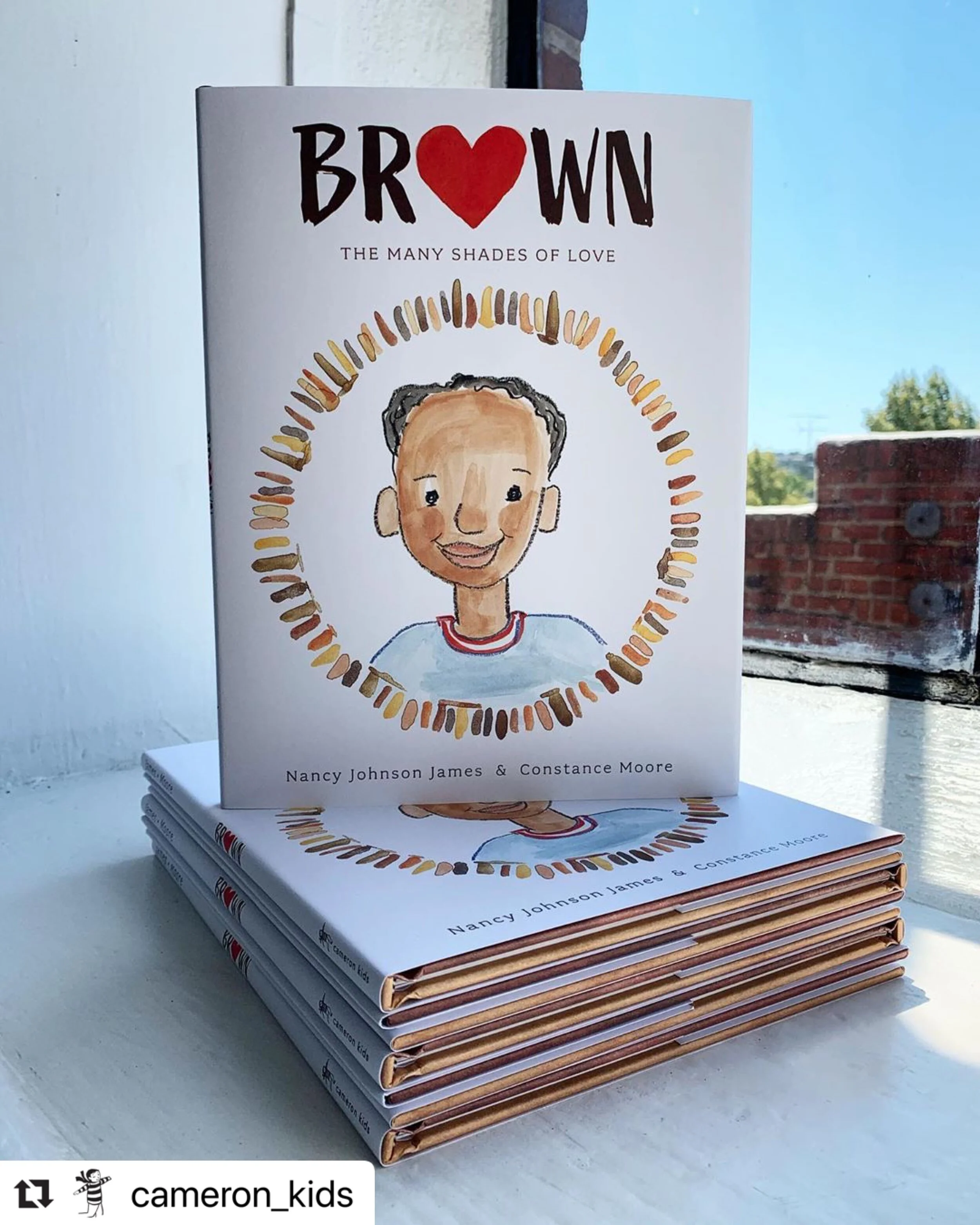Games, Poetry, and the Purpose of Art: Interview with Jordan Pailthorpe
I met creative writing teacher and game developer Jordan Pailthorpe when I tweeted about the intersection of gaming and literature, which panelists were discussing in a workshop I attended at #AWP14. Pailthorpe teaches writing and rhetoric at Emerson College and says, "Our First Year Writing Program is not only incredibly radical in their approach to teaching writing, but incredibly supportive of alternative ideas. They are heavy on using multimodal writing and were very supportive of me using games in the classroom."
The Sexy Grammarian: You are a teacher, a writer, and a game developer?
Jordan Pailthorpe: For a long time I felt torn between pursuing a career as a writer and a career as a game designer. Only recently have I begun the long process of tangling those two things together!
SG: As a writer, you have a blog.
JP: Yes, I wanted to write through cultural norms and attempt, like any good writer, to expose the underlying rhetoric. I think that idea has carried over into all my writing, though the blog has now morphed into a place of limbo where any work I want to put out has a place to live.
SG: I think you do that really well on your blog--invite interaction.
JP: I use the blog as a way to work through my own ideas. Maybe those pieces turn into larger projects, maybe they don't. I wanted to get away from the fear of keeping everything to myself and only show it to others when it is "ready for publishing." I'm trying to find a balance between this "put it out" model and the old model of write, wait, publish, put it out.
SG: Which brings us to the game developer?
JP: My experience with game development might have influenced my ideas toward publishing. Actually I got into game development through events called game jams.
SG: Tell us about game jams.
JP: A game jam is a grassroots DIY type event where you set aside a certain amount of time and create a game. Some jams have themes, such as the Molyjam, which uses quotes from a famous game designer as inspiration, but they don't need to. The idea is to get people who don't consider themselves game designers to make a game, inspire confidence, make something, even if that something isn't great or ends up broken. I've gotten the chance to participate in game jams as well as moderate a few.
SG: Sounds like another crossroads of teacher, writer, and game maker.
JP: Yes, and writing is the same as making games, just with a different medium. Those who are unfamiliar with games only tend to see the pop cultural representations. These of course are the big AAA titles: your Grand Theft Autos, your Zeldas, your Call of Dutys.
Though I love a lot of AAA titles, the games that I feel are closer to literary writing, like short fiction or poems or novels even, are games like Gone Home or Depression Quest, smaller indie games that are changing our expectations of what video games can be. Instead of thinking about games as being limited to a few different forms of action verbs, typically revolving around violence,these new types of games are focused more on meaning or emotion. These games are not always hinged on "fun" but instead on ideas, conveying emotion, empathy, or criticism. Therefore, the games we make in game jams are small experiments, personal games, more along the lines of a poem or a short story. The experience of the author drives the experience of the game.
SG: In your last couple blog posts, you wrote about some of the interactive motivation for playing games. How does this play out in the first year writing course you teach?
JP: When asked why do they play games, or better yet, what is a game, most first year college students in my class didn't know how to answer. All games teach things. It just depends on the designer and the game as to what they want to teach. Games teach by doing. That is why games are so powerful! After a few months, they would say that games are like any other kind of writing: a way to situate someone in an experience other than their own.
SG: That reminds me of one of my favorite Barbara Kingsolver quotes about fiction: “It cultivates empathy for a theoretical stranger by putting you inside his head, allowing you to experience life from his point of view. It can broaden your view of gender, ethnicity, place and time, power and vulnerability, all the elements that influence social interaction.” And games do that in a way that accesses maybe another kind of learning?
JP: Isn't that the larger purpose of art in general? To empathize with experiences outside our own, or to provide others with the ability to see things from our perspective, whether its personal, or political? Games make rhetorical arguments just by their nature. I think it is the same goal, but just a different way of getting there.
Ian Bogost, and his theory of procedural rhetoric, is really pedagogically influential to my approach in teaching this class and how I understand the rhetoric of video games. I want my students to understand, as he puts it, that games make arguments through procedure. Games are systems, and by manipulating and messing with that system, a particular rhetorical argument can be made or understood (depending on if you are the designer or player.)
Students were scared when I told them at the beginning of the semester that their final project would be to make a game around a civic/social issue that they research. Many instantly felt they couldn't do that. It was my job over the course of the semester to show them they could. Many times the barrier to game design is the technical understanding of how to make a digital game. Anna Anthropy is a game designer who put out a seminal text (seminal to me and my students at least) called "Rise of the Videogame Zinesters" In it, she calls for a new class of people to make games; writers, artists, punks, etc. She outlines how you can make games, digital games specifically, with little to no knowledge of programming or digital art.
For example, there is a program called Twine that is incredibly accessible to those who are not familiar with programming. In about 30 minutes, you can create your own text adventure game. This is the framework I brought to my class: that you don't NEED any technical knowledge to make a game.
SG: I'm also interested in the way that code is just another language to write in, and that coding is creative, and that a fiction writer and a coder can work collaboratively. Obviously, Twine made it possible for your students to make games in the course, but can you address the collaborative piece?
JP: Yes, code is just another language, one that lets you interface with a computer. That language can be creative and poetic. There are code as poetry movements that write code in a way that is understood to not just convey information, but convey a feeling, like good "normal" poetry.
I'm trying to straddle this line between digital game design and poetry in my own work at the moment. I just started a translation project where I take my poems, find the center of meaning, and then create a small game that conveys that same meaning, but through the form of procedural rhetoric. I'm thinking of this project as a digital chapbook of game poems. I'm hoping it will address the question of collaboration between forms. I haven't decided if I want to work with other people on these game poems or make them myself, but most likely I will do both. If it is successful, I am hoping to then make game poems for other poets and hope that this will open up poetry to a broader audience while also showing poets and writers the power of games. I think this goes along with my philosophies of publishing as well. I want these forms to be accessible and interesting and current.
I am leaning more on the idea that a user playing the game will "feel" what the poem is attempting to get the reader to "feel" It is a pretty ambitious thing because I don't want to create an objective "reading" of the poem. So I imagine the game poems to be more playful than didactic.
The Sexy Grammarian meets amazing writers wherever she goes. Get to know poet-gamemaker Jordan Pailthorpe on his blog or Twitter feed and follow Kristy on Facebookor Twitter too.













